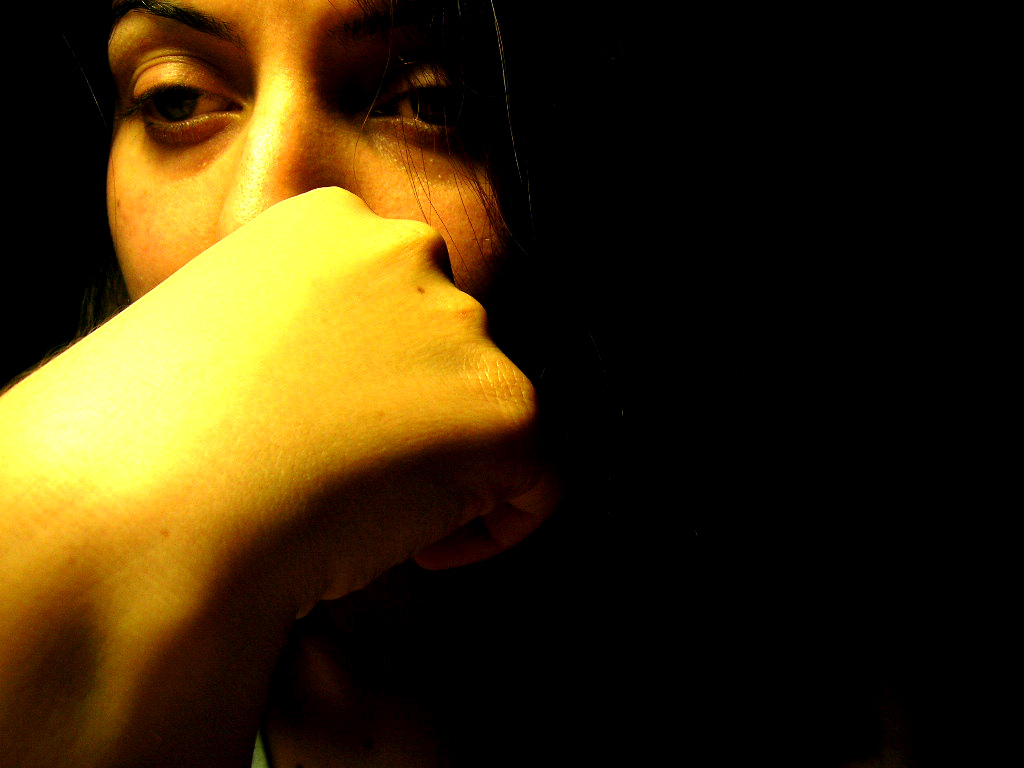This post contains discussion of self-harm, suicide and eating disorders.
Last week on Fangirl Correspondent (I feel like we’re in the intro to Home and Away, or something … “Previously, on … “) I wrote a bit about how political groups and activists were changing the way they reached their audiences, particularly the youth demographic, and that they were utilising the internet and websites like Tumblr to do so.
The internet is being used in similar ways by numerous mental health organisations, reaching out to people who may be experiencing issues or trauma in their own lives and have turned to the online world for help or as a way of coping.
There are many corners of the internet where negativity runs freely, with blogs posting content that encouraged people to harm themselves.
However, an online movement has begun to stamp out this behaviour and get help to those who need it most.
Instagram, alongside other online services such as Pinterest and Tumblr, recently took action to stop its users from posting content that promoted or glorified self-harm and encouraged eating disorders.
Certain tags can no longer be searched on Instagram, and although some tags related to self-harm, suicide and eating disorders can be used on Tumblr, a message directing users to help lines and other support services is visible whenever these tags are searched by a user.
Headspace, the Australian Youth Mental Health Foundation, recently launched a smartphone app in partnership with the Cotton On Foundation.
The Fifth Army app encourages people to enlist and take on “challenges” that share important information about youth mental health issues like bullying, depression and homophobia, and also enables a discourse on mental health in today’s society.
Headspace also offer an online counselling service in addition to the numerous telephone helpline services available for those going through a difficult time.
The internet is a place where people come together, whether it be in fandoms or by searching certain hashtags or by watching the same person on YouTube.
The development of support groups and services online to prove to people that they are not alone, and to provide them with assistance, is a key example of the internet being utilised for a purpose that will hopefully have a positive outcome for many.
What do you think of Instagram banning triggering hashtags and content? If more online support services like Headspace were available, would you use them?
Let me know in the comments, as always.
Kara Gibbons
Beyond Blue: 1300 22 4636
Lifeline: 13 11 14
SANE: 1800 18 7263
Eating Disorders Victoria: 1300 550 236

